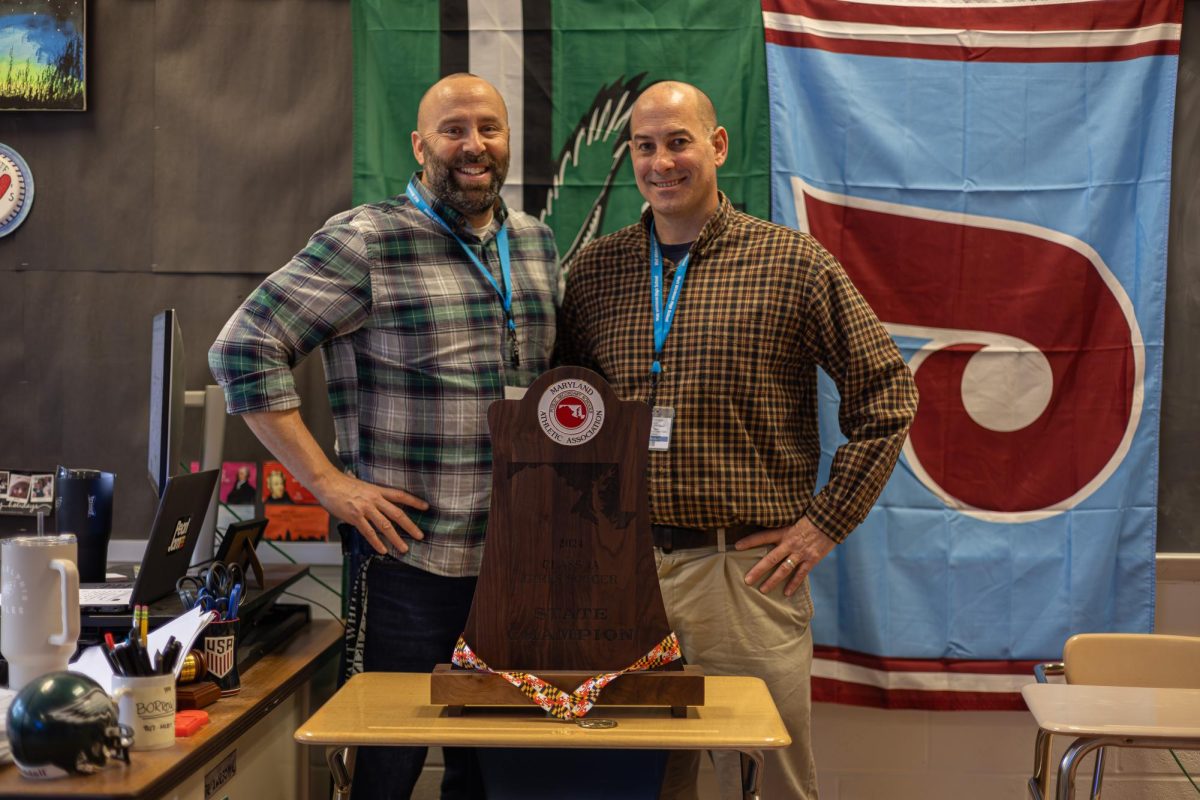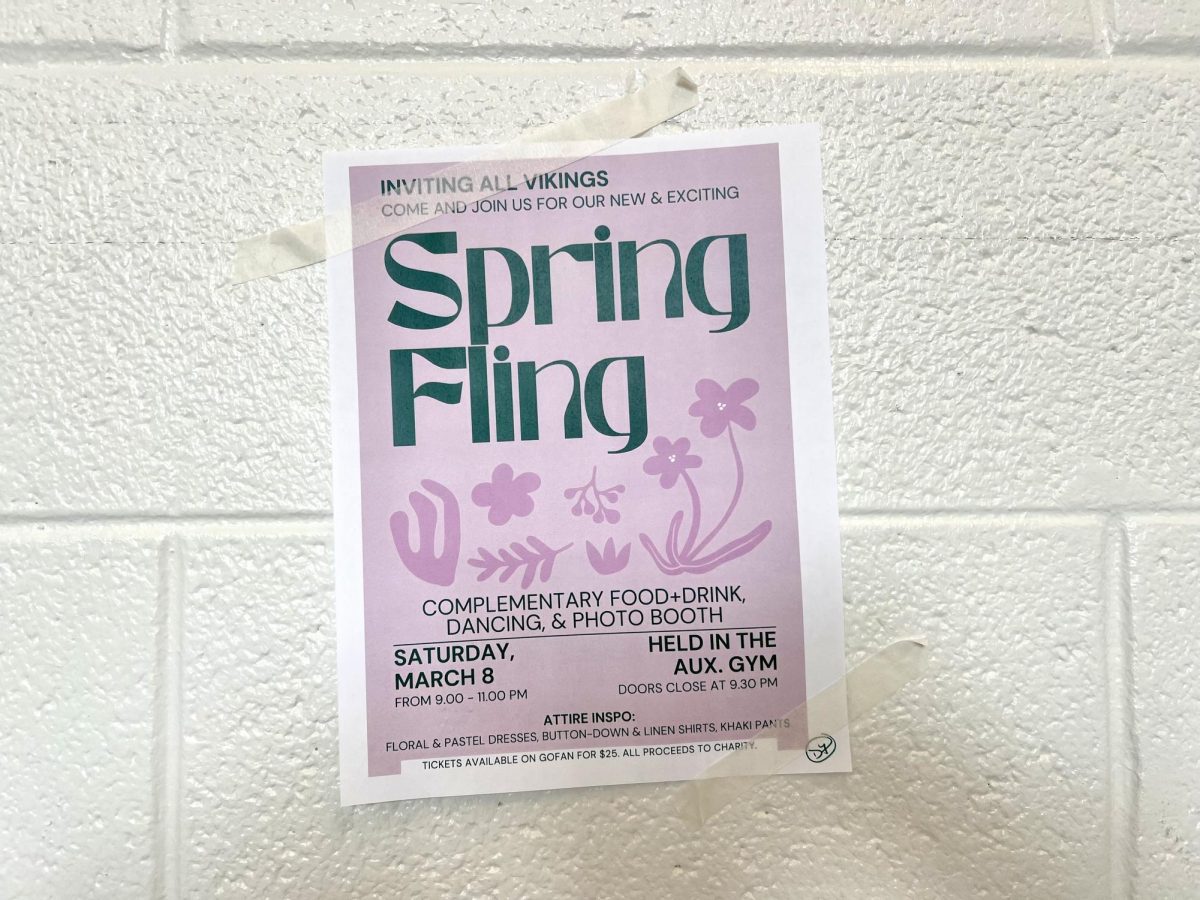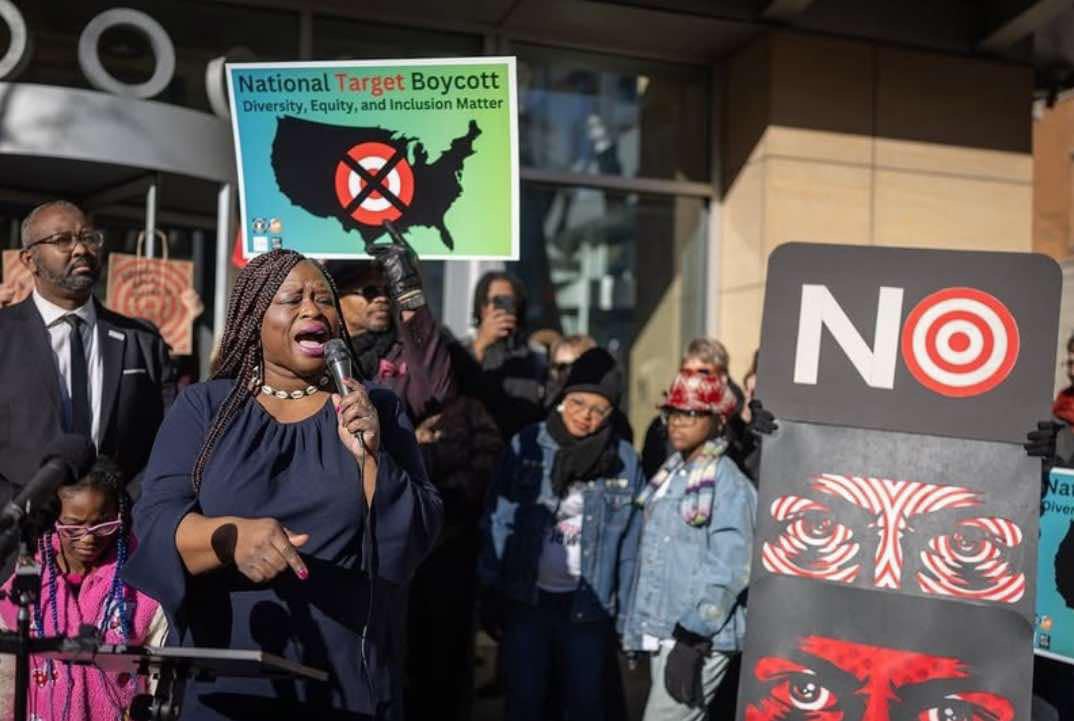The News Literacy Project hosted its second annual Fall Forum Oct. 19 in the auditorium. CNN White House correspondent Jessica Yellin moderated the discussion between Washington Post columnist E.J. Dionne, a Whitman parent, and New York Times columnist David Brooks.

The program, titled “Demosclerosis: The Challenge of Moving America Forward in a Hyper-Partisan Age,” focused on the role that partisan media, polarization, the upcoming election and extreme movements, such as Occupy Wall Street and the Tea Party, have on national politics.
Both panelists discussed the impact of partisan blogs and other “new media” sources on the availability of credible information.
“I am sympathetic to the rise of new media, but I am worried about the decline of old media,” Dionne said. “You need the old independent media to provide some source of common communication.”
But Dionne also added that at its very beginnings, media was intentionally partisan, with politicians supporting papers to publicize their ideologies.
Brooks attributed the shift in media to a more polarized and segmented population.
“Republicans move into Republican areas; Democrats move into Bethesda,” joked Brooks, himself a Bethesda resident.
Another topic of conversation was the possible liberal slant of traditional media, but both agreed that overall, most journalists remain objective.
“The media reflects the elite universities,” Brooks said. “Most reporters may come from a liberal background, but they have a commitment to the art of journalism, and that involved being fair, and some self-restraint.”
Both columnists also discussed the impact of the Tea Party and the recent Occupy Wall Street movement, but Brooks said they don’t represent a majority of the country.
“It’s bad sociology to extrapolate from subcultures to define the regular culture,” he said.
Dionne is not surprised that these prominent movements express extreme views.
“There are rarely angry mass mobilizations of moderates,” he said. “I have yet to see big crowds of screaming moderates. Occupy doesn’t represent public opinion, but I do think they speak for that left end of opinion.”
Brooks joked back, “If you want to see a mass mobilization of angry moderates, go to the parking lot at the River Road Whole Foods.”
The conversation shifted to current government policy, the Republican primaries and the upcoming presidential election. Dionne, a liberal columnist, and Brooks, a conservative columnist who calls himself a moderate, both discussed the failure of tax policies and inefficient politics.
“We’ve got one party that won’t tax the bottom 98 percent of the country, which is the Democrats, and one party that won’t tax the bottom 100 percent of the country,” Brooks joked.
The evening’s presentation aimed to educate the public about the complex relationship between the government and the news media.
“I’m a big fan of civics education, which is on the decline,” Dionne said during the discussion. “I think this is a form of civics education.”
He echoed the sentiments expressed by The News Literacy Project founder Alan Miller, a Whitman parent, in his opening statements. The Project launched in 2008 and sponsors units in classes such as AP U.S. Government, journalism and English.
“Our goal is to make news literacy part of the fabric of the American educational experience,” Miller said.









Jeremy Steinberg • Nov 2, 2011 at 12:00 pm
The discussion was fabulous and informative. Also, special consideration is due to Kevin Kay for ending the discussion with a great question, challenging David Brooks on some questionable statistics (contrary to what Mr. Brooks said, America doesn’t actually have twice as many conservatives as liberals).